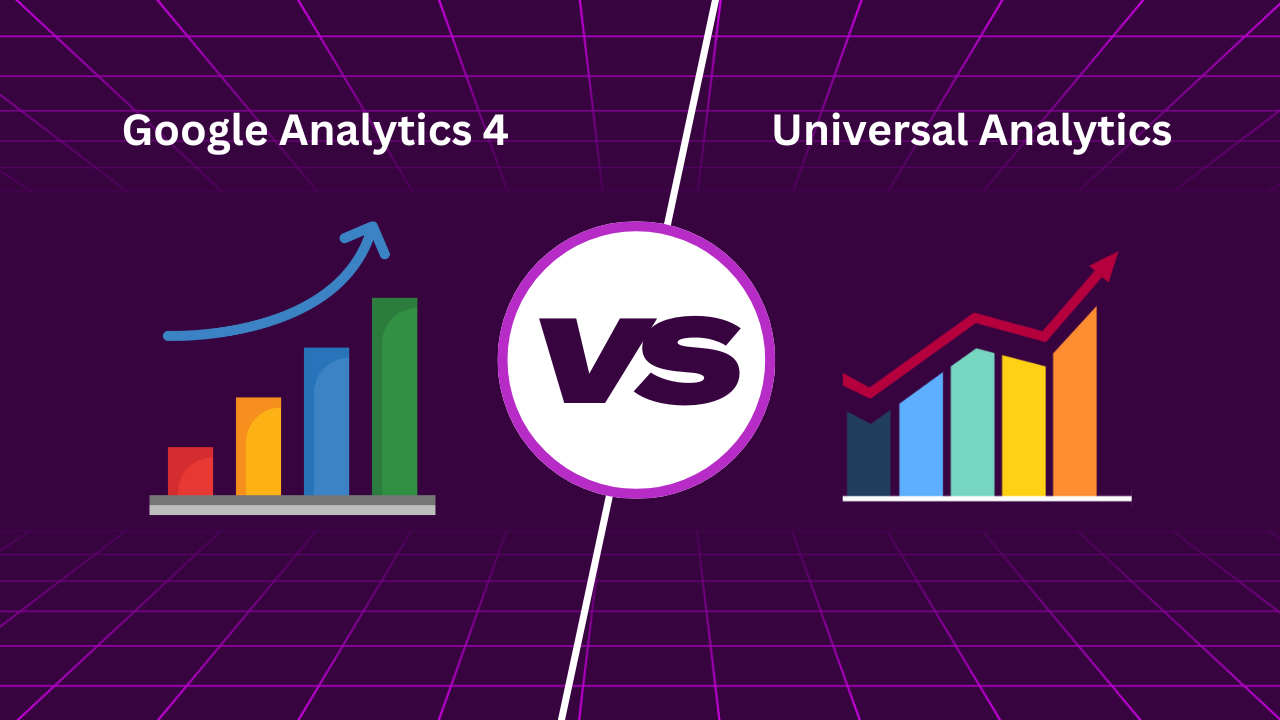Artificial Intelligence (AI) has revolutionized various industries, and content writing is no exception. AI content creation has emerged as a groundbreaking approach that redefines the traditional writing process. This article will explore the concept of content creation, benefits and how it is reshaping the field of writing. Additionally, it will discuss effective SEO strategies for AI-generated content and address the role of human input in maintaining quality and authenticity.
What is AI content creation?
It refers to the process of using artificial intelligence technologies like natural language processing and machine learning algorithms to generate content automatically. These advanced algorithms analyze vast amounts of data, learn patterns, and mimic human-like writing.
Benefits of AI content
- Time efficiency: One of the primary advantages of AI content is its ability to generate content swiftly. AI-powered tools can produce articles, blog posts, and product descriptions within minutes, significantly reducing the time and effort required for manual writing.
- Consistency and quality: AI content writing ensures consistency in writing style, tone, and formatting. Unlike human writers who may vary in their approach, AI-generated content adheres to predefined guidelines, ensuring a uniform brand voice and quality output.
- SEO optimization: SEO strategies play a vital role in driving organic traffic to websites. AI content tools are designed to optimize content for search engines. By analyzing keywords, meta tags, and headings, AI algorithms can create SEO-friendly content that ranks higher in search engine results pages (SERPs).
AI tools for content creation
A wide range of AI-powered tools and platforms are available to assist in content creation. These tools leverage NLP and machine learning algorithms to generate, optimize, and analyze content.
Text generation platforms
Text generation platforms use AI algorithms to generate content writing automatically. These platforms allow users to input specific instructions or prompts and receive well-structured, readable text within seconds. Some popular examples include OpenAI’s GPT-3, Hugging Face’s Transformers, and Conversion.ai.
Content optimization tools
AI content optimization tools help writers enhance their digital marketing strategy and content for SEO purposes. These tools analyze the text, identify opportunities for improvement, and provide suggestions for keyword integration, meta tag optimization, and content structure.
SEO analysis software
AI-driven SEO analysis software provides valuable insights into keyword research, competitor analysis, and SERP monitoring. These tools help content writers understand search trends, optimize their content for targeted keywords, and improve their website’s visibility.
SEO strategies for AI-generated content
While AI content creation offers numerous benefits, it is crucial to implement effective SEO strategies to maximize its impact. Here are some key SEO considerations for AI-generated content:
Keyword research and integration
Perform comprehensive keyword research to identify relevant and high-ranking keywords for your content. Integrate these keywords strategically throughout the text, ensuring a natural flow and readability.
Optimizing meta tags and headings
AI-generated content should have well-optimized meta tags and headings. Craft compelling meta titles and descriptions that accurately reflect the content and incorporate targeted keywords. Structure the content using appropriate heading tags (H1, H2, H3, etc.) to improve readability and SEO.
Creating engaging and informative content
Even though AI-generated content is efficient, it is essential to ensure that it provides value to the readers. Focus on creating informative, engaging, and well-structured content that addresses the readers’ queries and interests.
Human touch in AI content
While AI content writing offers remarkable efficiency, it is crucial to maintain a human touch in the process. Human writers play a pivotal role in editing and proofreading AI-generated content to ensure accuracy, coherence, and adherence to brand guidelines.
Incorporating creativity and personalization into AI-generated content adds a unique and authentic touch. Injecting storytelling elements, providing personal anecdotes, and using a conversational tone can captivate readers and create a stronger connection.
Ethical considerations of AI content
AI content also brings forth ethical considerations. It is essential to adhere to ethical guidelines to maintain authenticity and credibility:
Avoiding plagiarism and copyright issues is paramount. AI algorithms should be trained on original and licensed content writing, and proper attribution must be given when utilizing external sources.
Maintaining authenticity and credibility is crucial to build trust with readers. Clearly differentiate between AI-generated and human-written content to ensure transparency.
Future prospects of AI content
The future of AI is promising. As technology continues to advance, AI algorithms will become more sophisticated, generating highly accurate and contextually relevant content. AI-powered tools will likely become integral parts of content creation workflows, streamlining the writing process and empowering writers with valuable insights.
Conclusion
AI content creation has transformed the writing process, offering unprecedented efficiency, consistency, and SEO optimization. By leveraging NLP and machine learning algorithms, businesses and individuals can produce high-quality content at scale. However, it is crucial to incorporate human input to maintain authenticity and ensure a personalized touch. As AI technology advances, the future of content creation holds immense possibilities.


